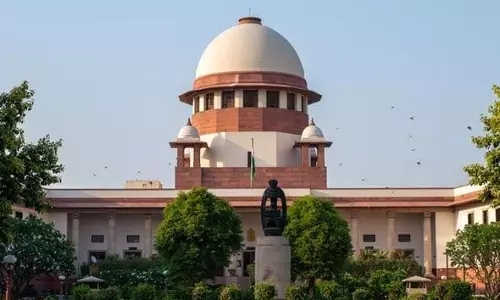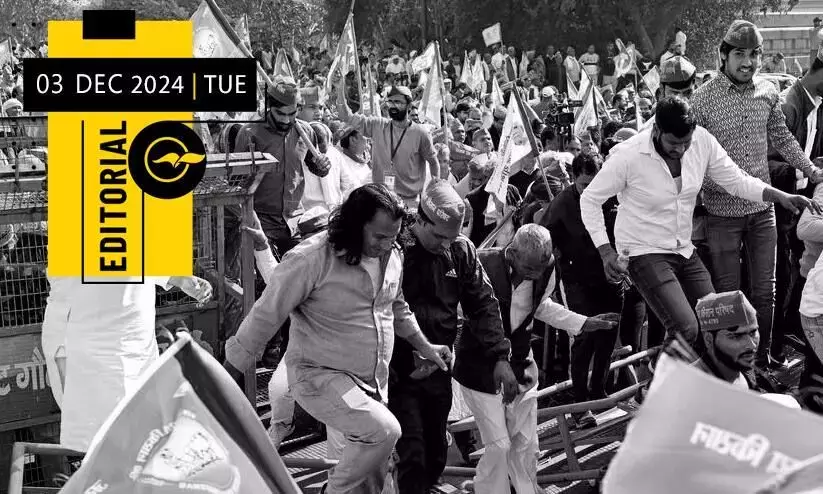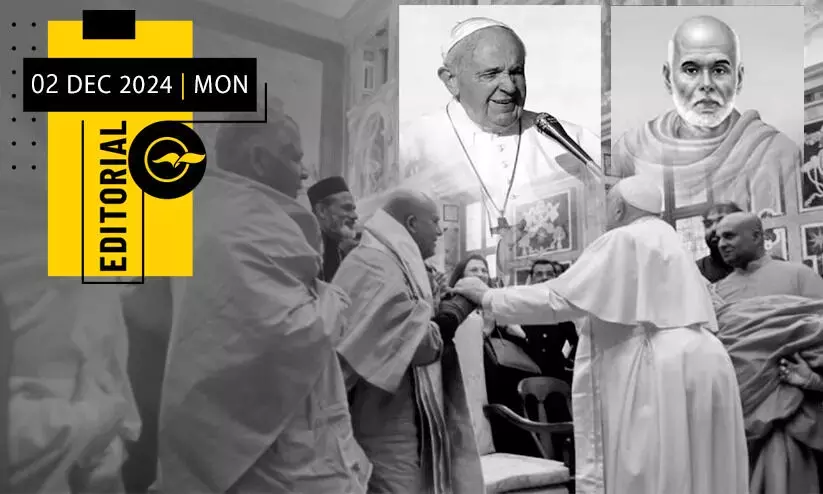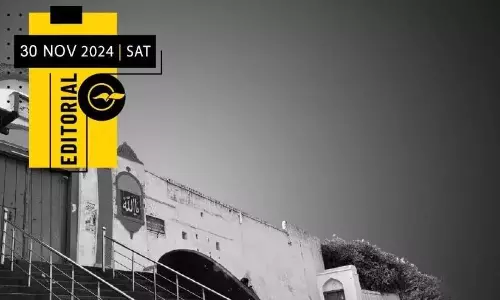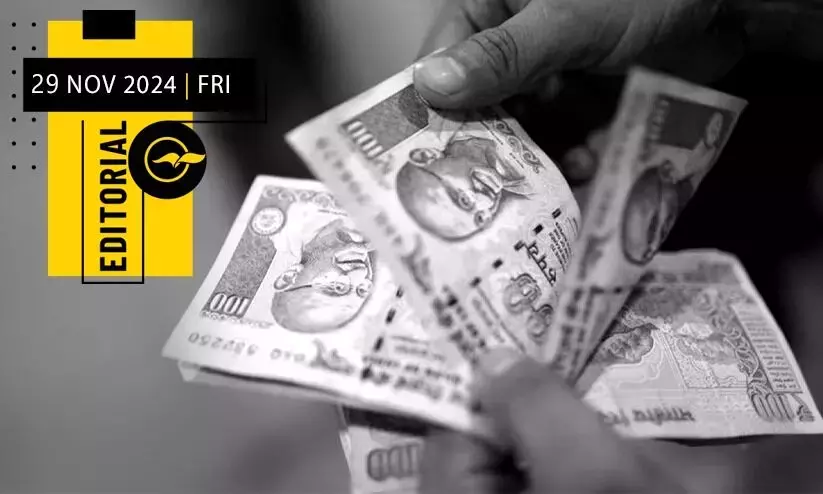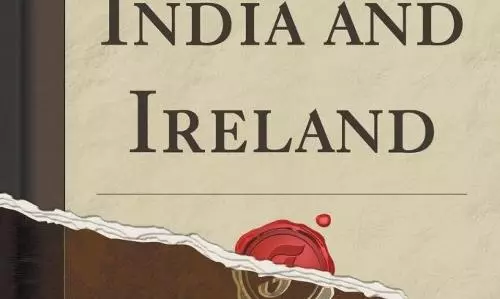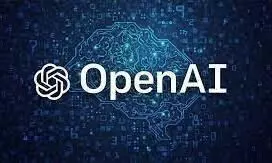
ANI files lawsuit against OpenAI over unauthorized use of content
text_fieldsProminent news agency, ANI, has filed a lawsuit against OpenAI in a New Delhi court, alleging that the company used its content without authorization to train its artificial intelligence chatbot, ChatGPT.
ANI also accused OpenAI of attributing fabricated news stories to the agency, intensifying the legal battle.
The case, which echoes similar lawsuits filed by major publications like The New York Times in the United States, had its first hearing in the New Delhi High Court on Tuesday. The court issued a notice requiring OpenAI to respond to ANI’s allegations.
ANI claims OpenAI has refused to obtain licenses or permissions to use its original content, arguing that the AI company’s chatbot retains this material indefinitely, despite claims of an internal block list introduced in September. OpenAI’s legal team in India reportedly stated that ANI's website content is no longer used for training models, but ANI insists its works remain embedded in ChatGPT’s memory.
A spokesperson for OpenAI said the company builds its AI models using publicly available data, adhering to principles of fair use. OpenAI added that its methods align with established legal precedents. The company has denied copyright infringement in similar lawsuits globally.
OpenAI highlighted its partnerships with news organizations like The Financial Times and The Associated Press, where licensed content is used for AI training. The company stated it is exploring more such collaborations, including potential agreements with Indian media outlets.
The lawsuit adds to a growing list of legal challenges OpenAI faces from creators, including authors, artists, and publishers, who accuse the AI company of using their copyrighted material without consent. These disputes have raised significant questions about intellectual property rights and ethical AI practices in the context of rapidly advancing technologies.
The court will next hear the case on January 28.







